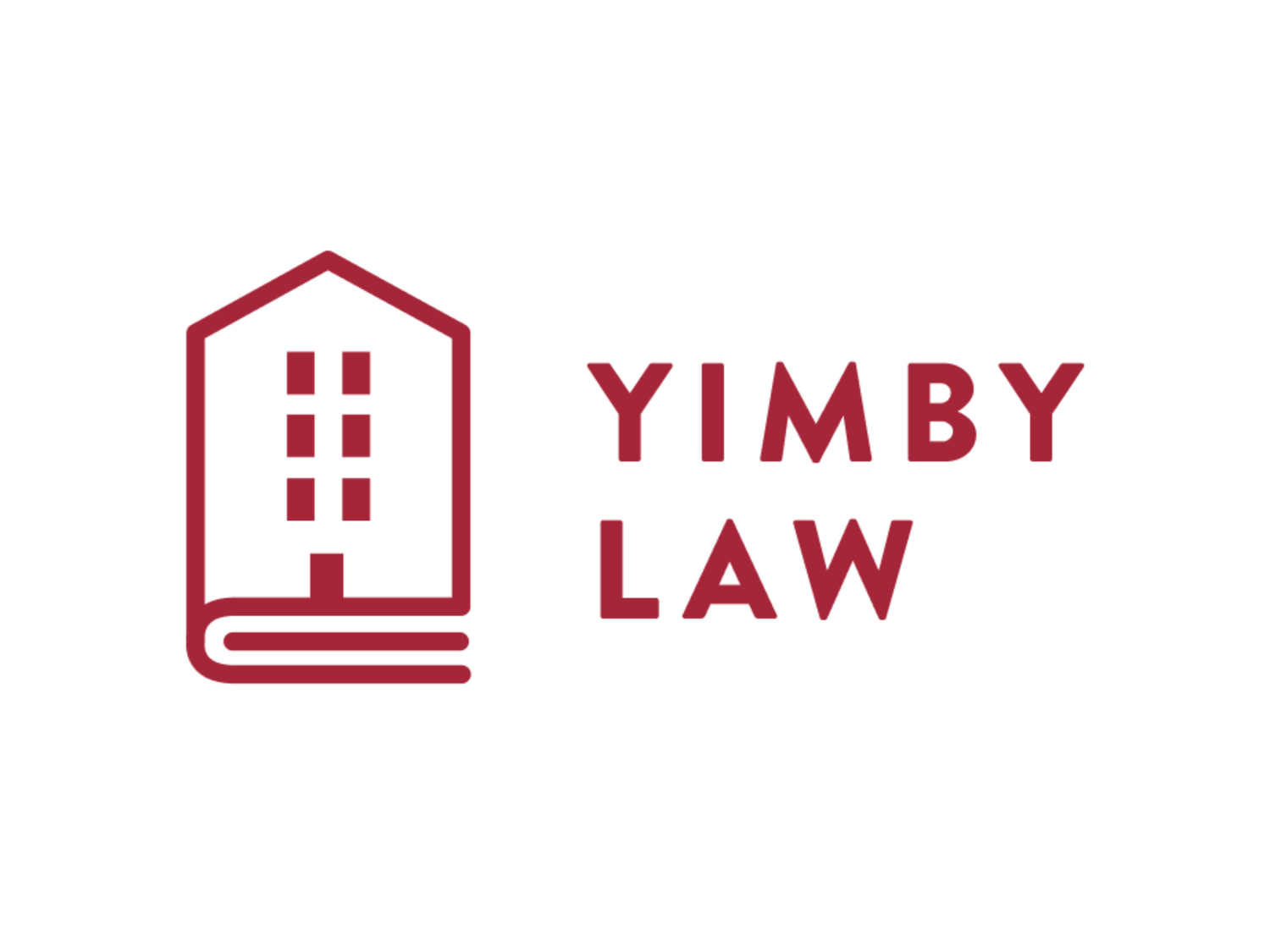YIMBY Law Files Second Lawsuit Against the City of Los Angeles Defending Affordable Homes in Single-Family-Only Neighborhoods
/Los Angeles, CA — YIMBY Law has filed suit against the city of Los Angeles for illegally delaying a 100% affordable housing project with a total of 190 homes. The project, located on Wilbur Ave in the Reseda neighborhood of Los Angeles, falls under the original form of Mayor Karen Bass’s Executive Directive 1 (ED1) which streamlines 100% affordable housing projects. This marks YIMBY Law’s second lawsuit against the city for illegally delaying affordable housing projects in single-family-only neighborhoods.
“When ED1 was first announced, we were so excited to see thousands of affordable homes being proposed throughout the city,” said Jae Garner, Communications Director of YIMBY Law. “But revising the order and retroactively applying new restrictions to projects that have already been submitted is illegal. These homes need to be approved. It’s the law, and it’s what Angelenos need.”
ED1 created a path to streamline the project on Wilbur Ave as well as similar projects representing over 1,500 affordable homes. Instead, the city is illegally subjecting them to the same laborious and expensive process that has killed dozens of affordable housing projects in the past. This is due to a revision in ED1 that exempts single-family-only neighborhoods from the policy. The revision was enacted in June of 2023, after the application for the affordable housing project on Wilbur Ave was submitted.
YIMBY Law filed suit against Los Angeles for a similar project on Winnetka Ave in January of 2024 after reaching out to the Mayor’s office multiple times to urge the approval of the homes proposed under the original form of ED1. Additionally, a broad coalition of pro-housing advocates supported these homes at local hearings and in communications with the Mayor’s office, the planning commission, and the city council. Despite these efforts, the planning commission and the city council illegally delayed hundreds of affordable homes.
The lawsuit defending proposed homes on Wilbur Ave aims to strengthen the efforts to get this project approved and streamlined, in addition to the other projects that fall under the same version of ED1. YIMBY Law is following this policy closely and will continue to take legal action where necessary to ensure more affordable homes are built in Los Angeles and beyond.
“The city knows what it’s doing,” said Sonja Trauss, Executive Director at YIMBY Law. “They just need to know that we’re paying attention. And we won’t let them get away with denying these much-needed affordable homes.”

